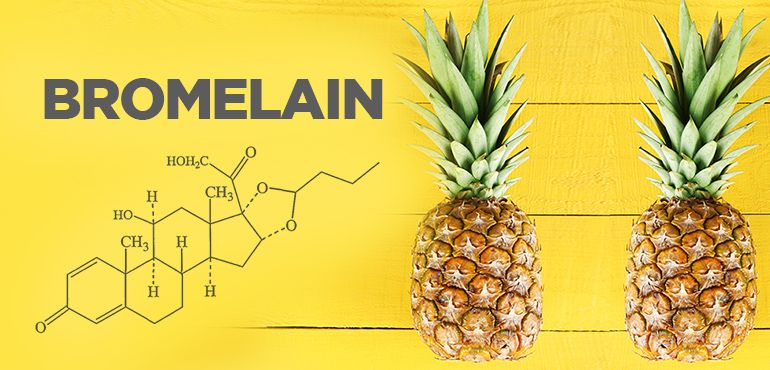You’re enjoying your pineapple and suddenly… Youch! What is that pain and tingling you’re experiencing right now?
Are you allergic? Are you being poisoned? No!
It’s totally normal to feel some pain and tingling around your tongue as you consume pineapple, but of course, there are ways to stop it. Here is a quick guide on how to make your tongue stop hurting after eating pineapple.

Why Your Tongue Hurts Eating Pineapple
Why does your tongue hurt so much in the first place?
This is because pineapples have bromelain. This is a combination of protein-digesting enzymes, known as proteases, which is a corrosive chemical breaking down amino acids.

When consuming pineapple, the bromelain will do the similar protein degradation, this time in your mouth. Sounds dangerous, but your body regenerates damaged cells to prevent any permanent loss.
But since bromelain would dissolve protective mucus coating your tongue, the acidity feels a bit irritating.
Another reason is because pineapples are acidic, having pH levels between 3-10 to 4.00. This may trigger painful canker sores, worsening any existing sores. It can also trigger or worsen acid reflux (hearburn).
How to Make Your Tongue Stop Hurting After Eating Pineapple
Here are some of the suggested ways to keep your tongue from hurting after you eat pineapple (because we can’t stop eating it even if it causes a bit of pain!):
- You can cook it through heating, roasting, grilling, or baking it to eliminate the bromelain for a sweet and sugary fruit. This is the most effective method to follow and you can pair it with other dishes or eat it on its own after.
- You can soak the fruit in salt water to stop the burning sensation. While this isn’t scientifically proven, there are chefs that recommend this trick. Soak half a pineapple with a mixture of 2 cups of water with 1 teaspoon of salt for one minute.
- Besides soaking pineapples in salt water, you can alleviate the pain by gargling salt water yourself to neutralize the pineapple’s effects.
- Pair pineapple with ice cream, yogurt, or another favored dairy product to give the bromelain another protein for it to digest rather than the tongue
- Don’t eat the core and remove it before eating the pineapple, as this is the part with the highest concentration of bromelain.
- Cut up your pineapples and let it sit in room temperature to lessen the bromelain’s effects, though this is a hit or miss!
- If nothing works, eating canned pineapple can help you satisfy your craving without the pain or tingling.
If you suffer from different effects such as itching and/or swelling around your mouth, lips, tongue, face, and throat? Then this may not be a normal reaction from the bromelain but an oral allergy syndrome. Do seek medical attention right away to prevent the symptoms from worsening!
Wrapping It Up
Pineapples may hurt the mouth as you consume it, but that doesn’t mean it’s doing you any harm! This is a normal reaction after interacting with the pineapple’s natural enzymes, and you can still continue enjoying pineapple, whether on its own or after following the methods above. Just make sure to monitor your health and rule out any allergic reactions.
Hopefully, you now know a lot more about pineapples and what you can do to fully enjoy its delicious taste. Use these methods to neutralize the effects of bromelain and see which method works best for you. Good luck and enjoy your favorite fruits!